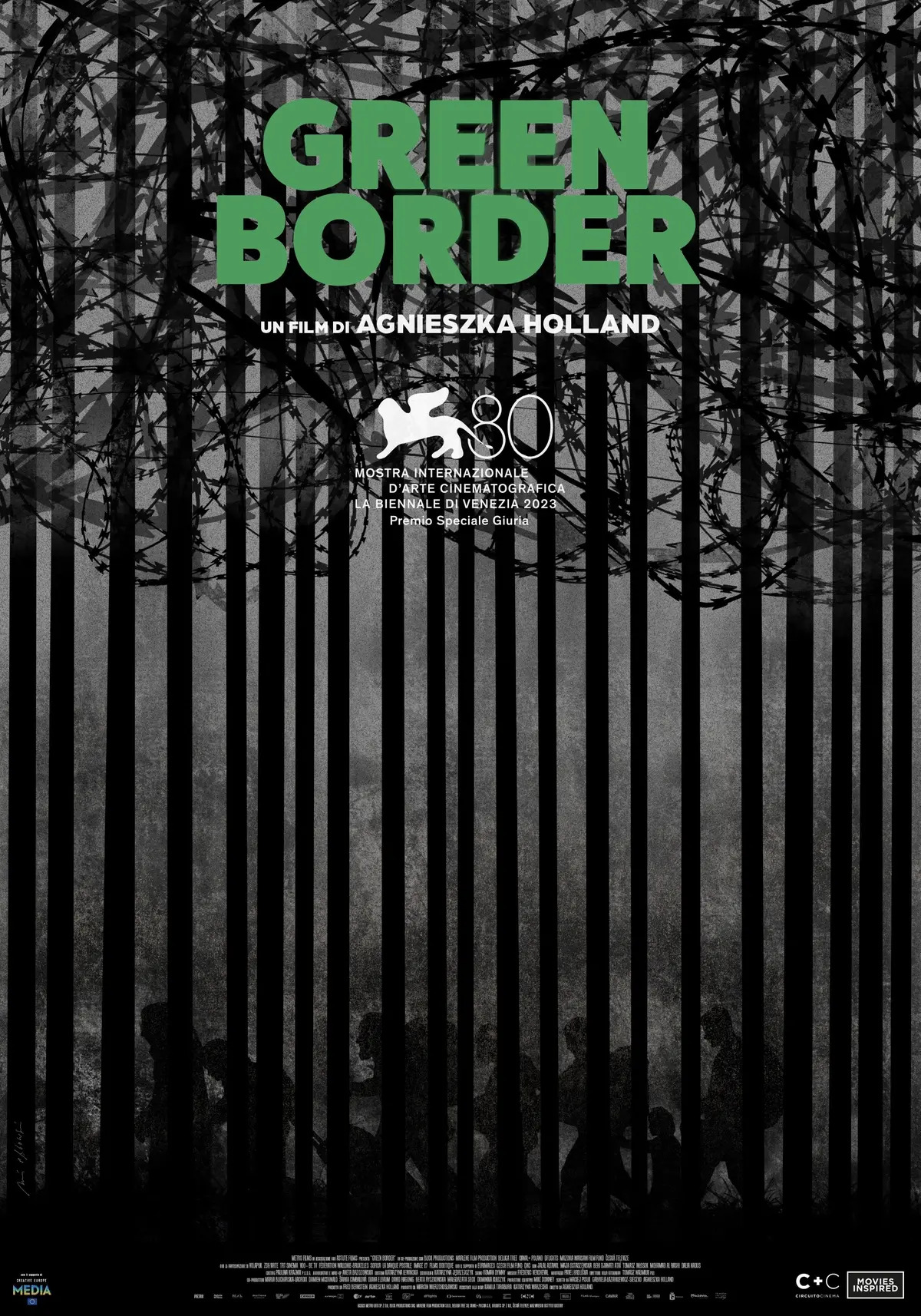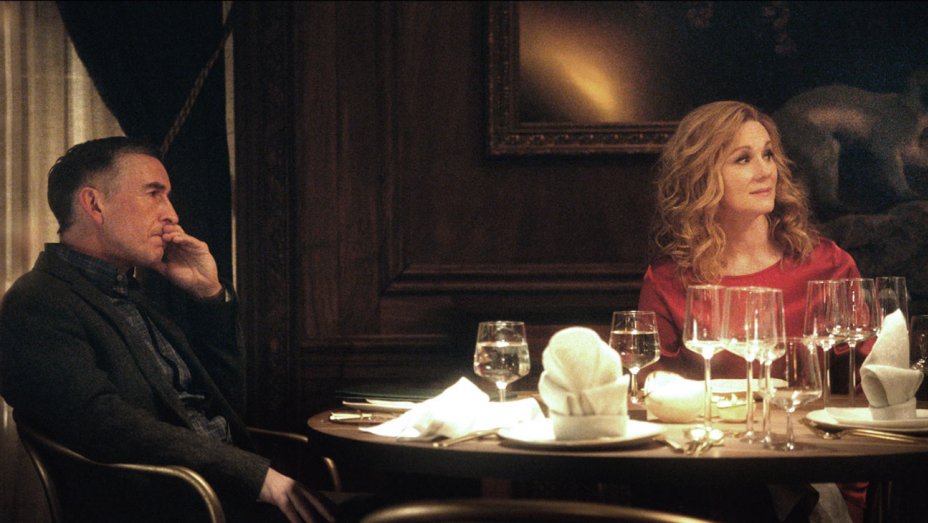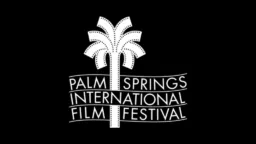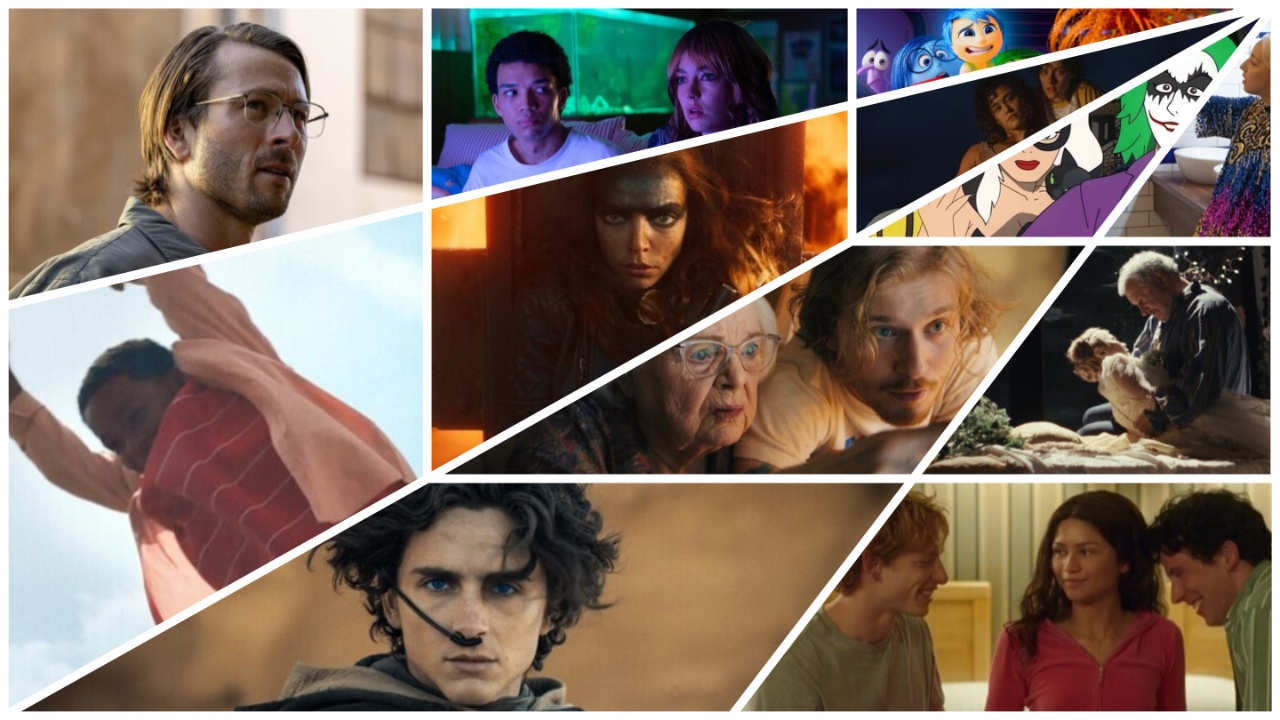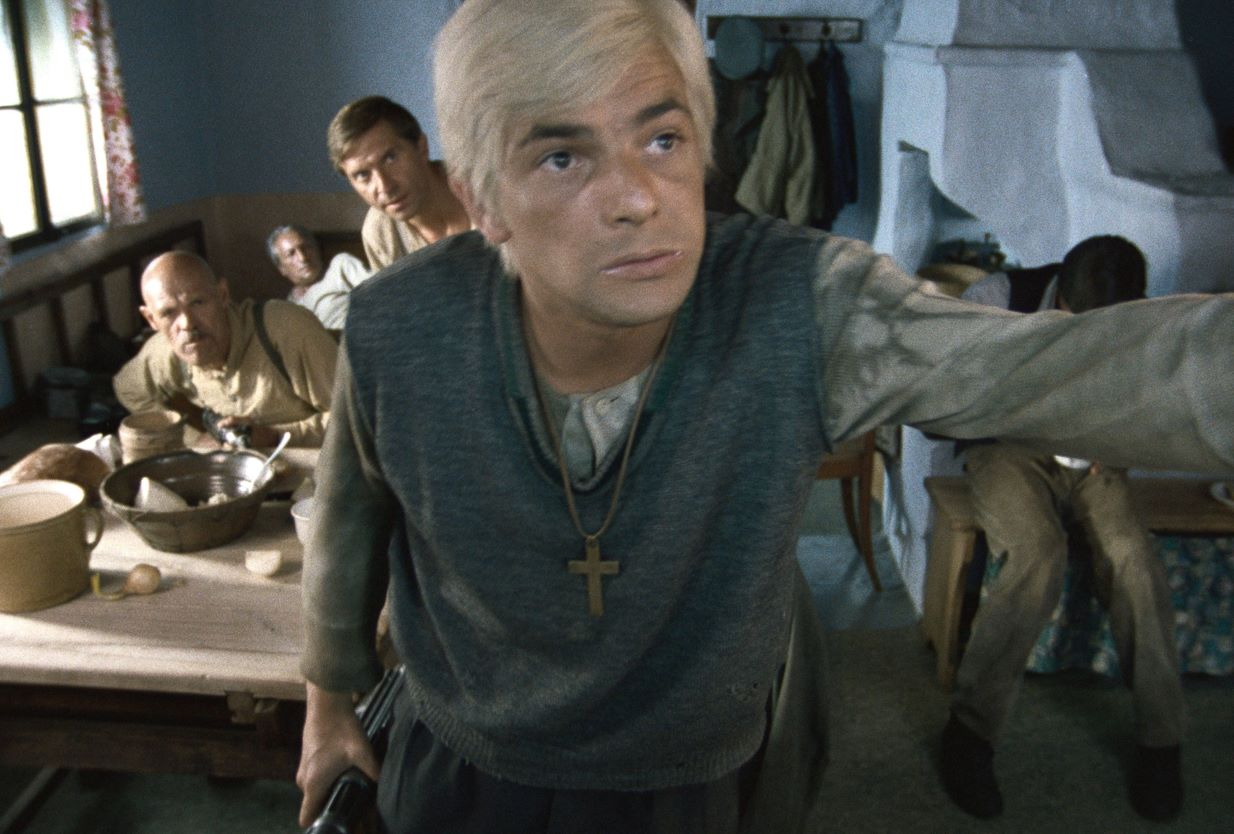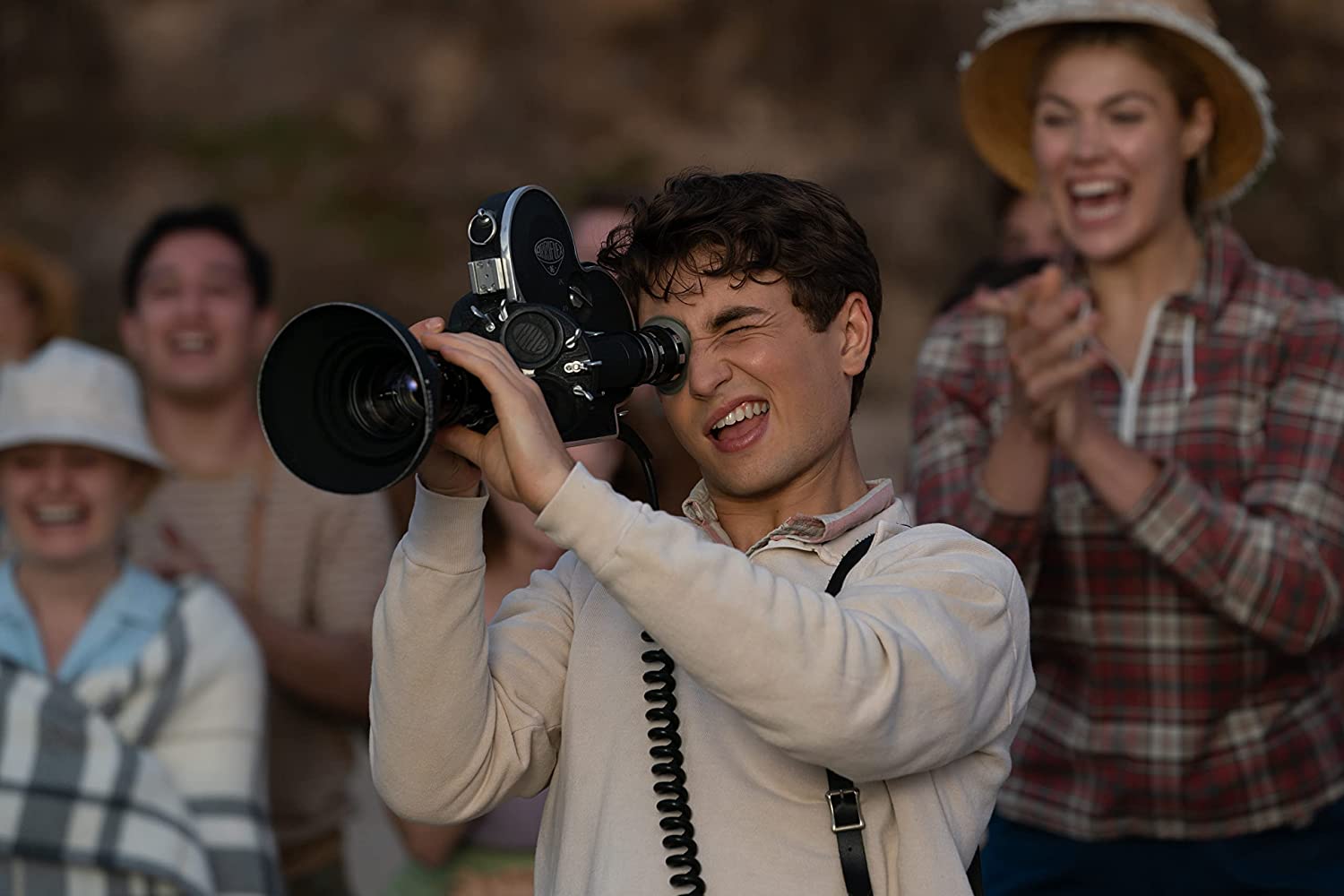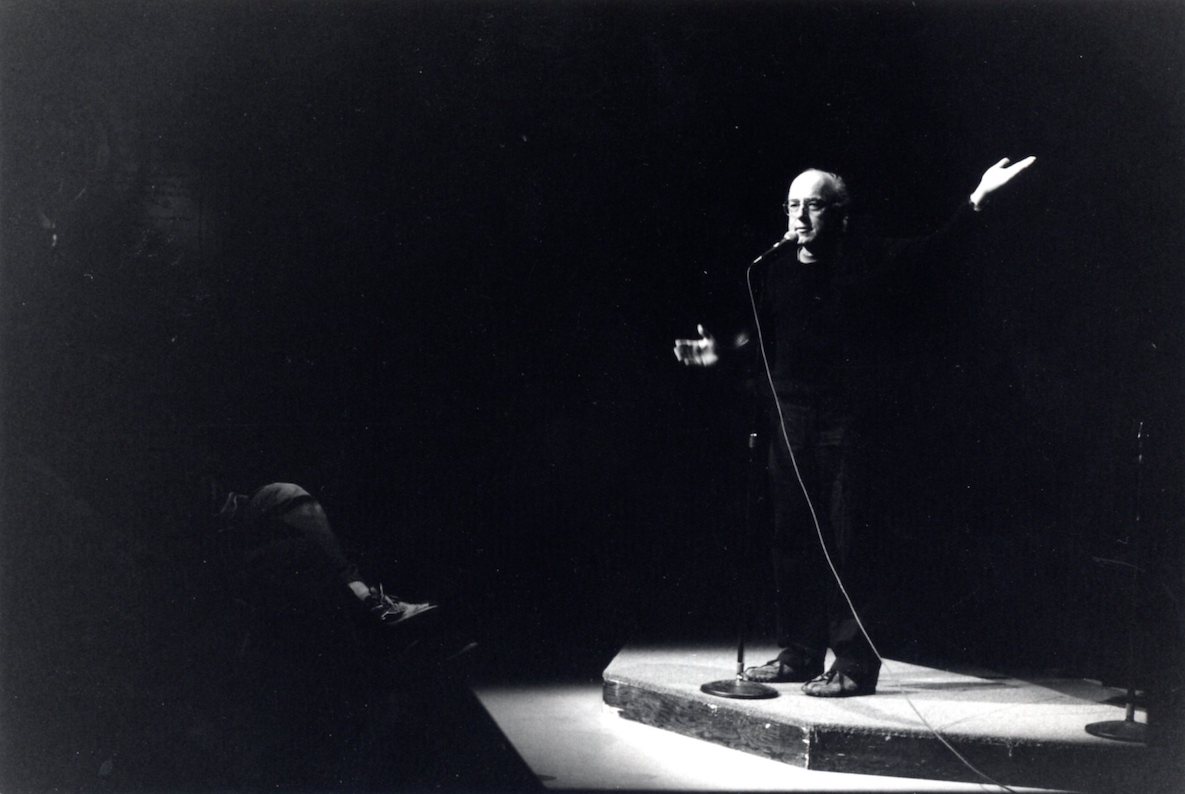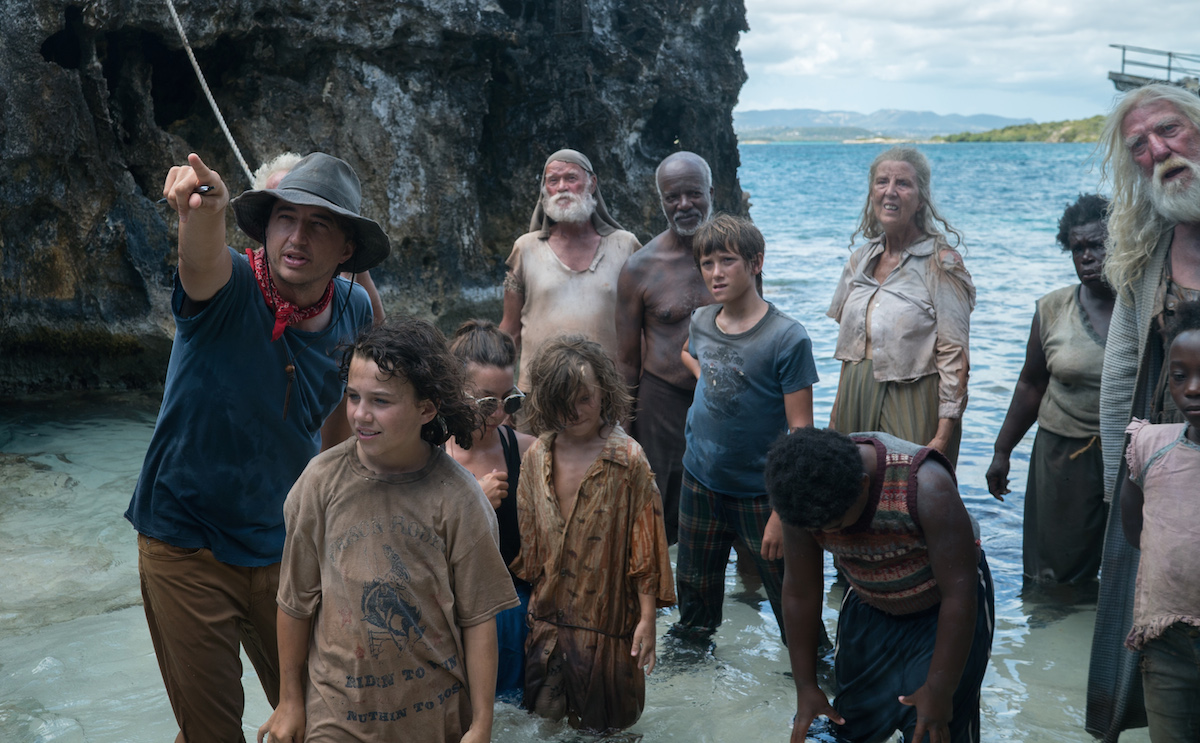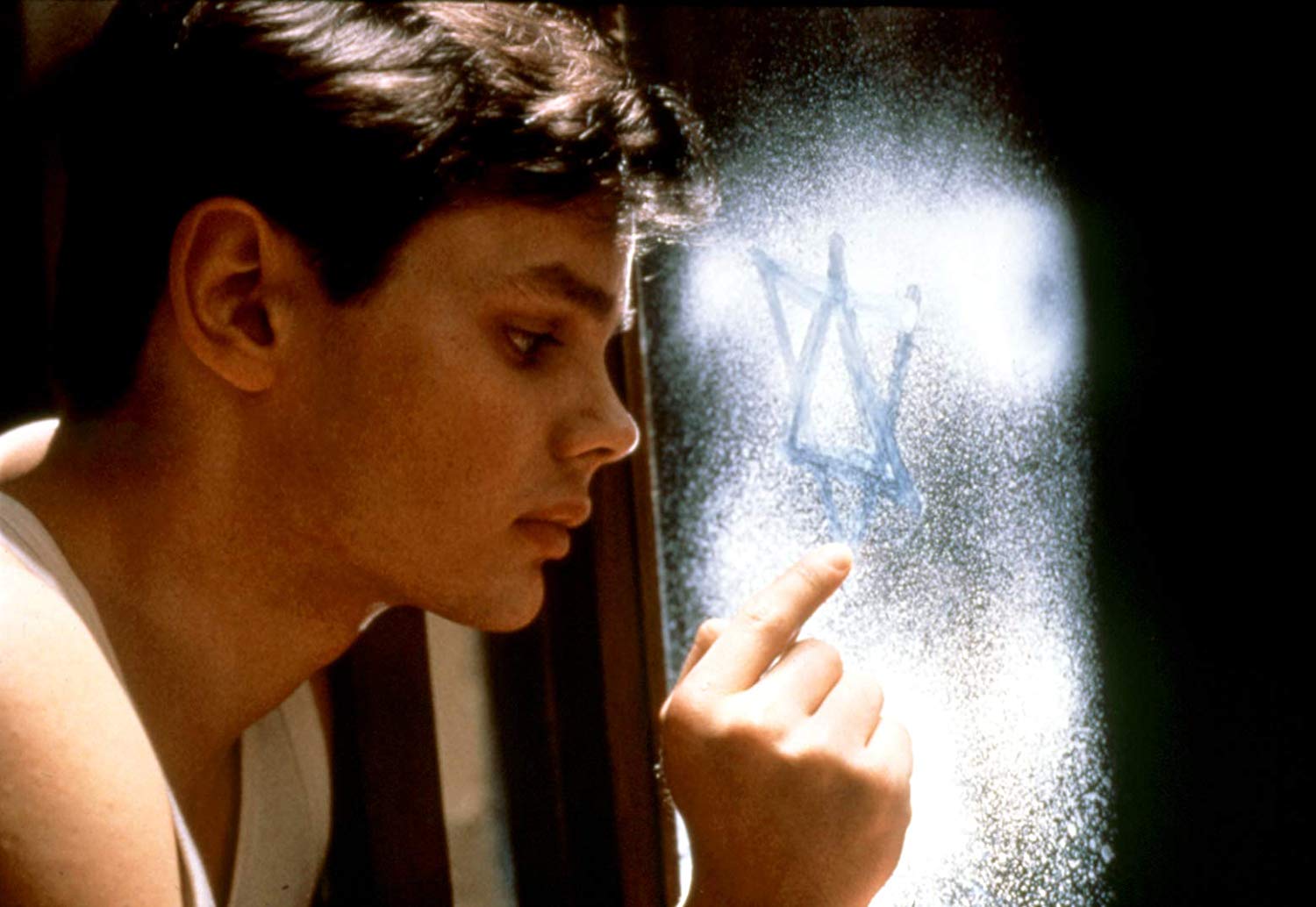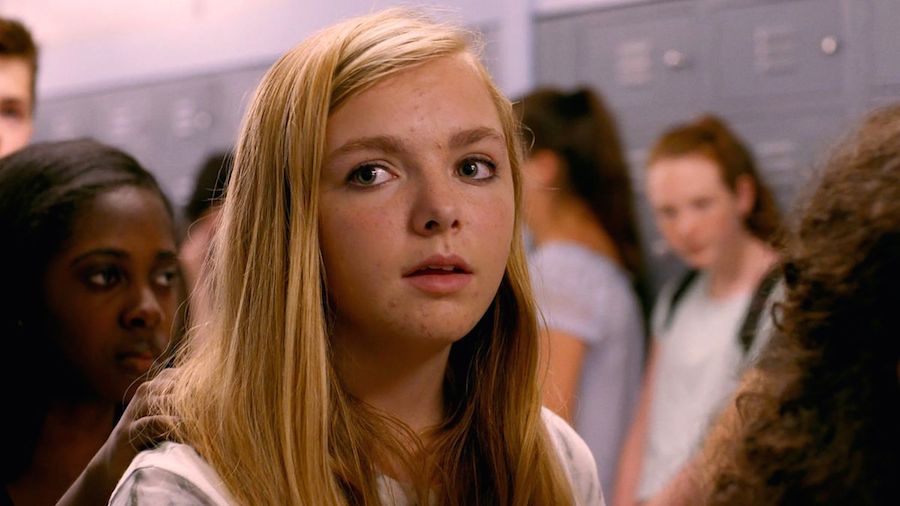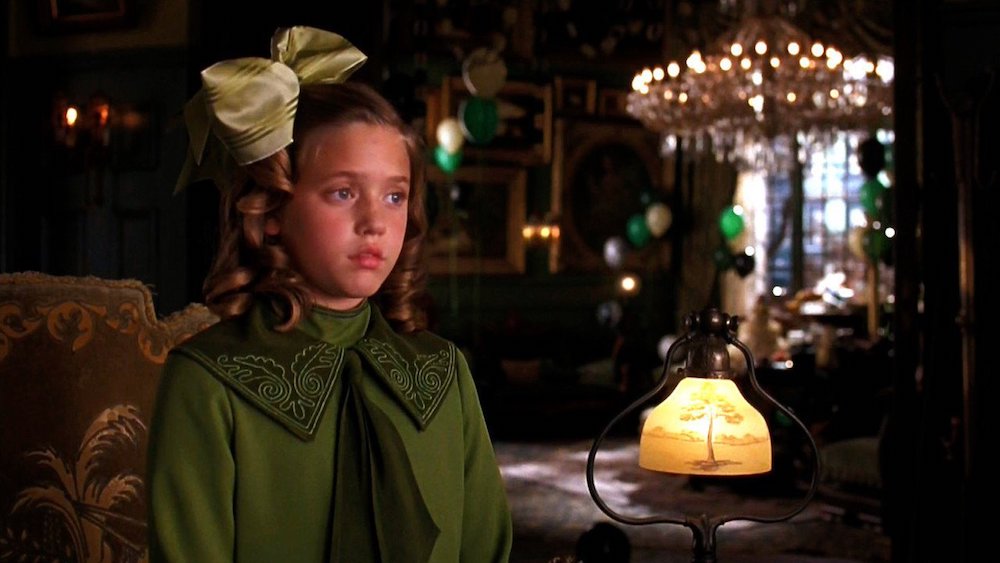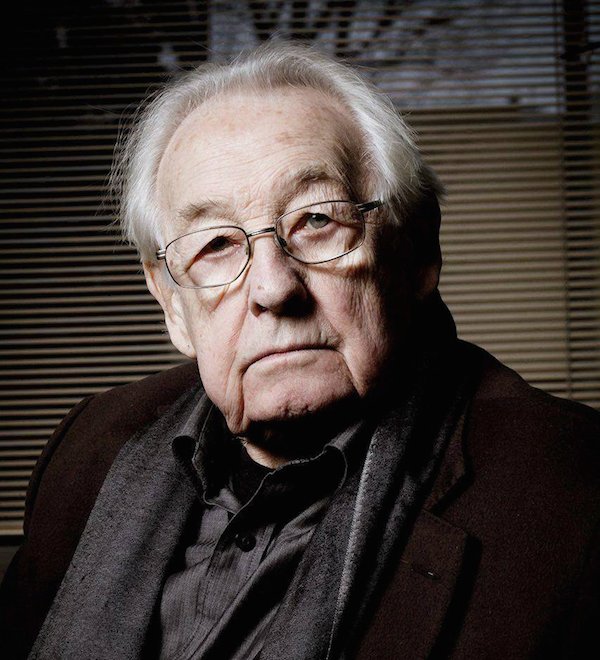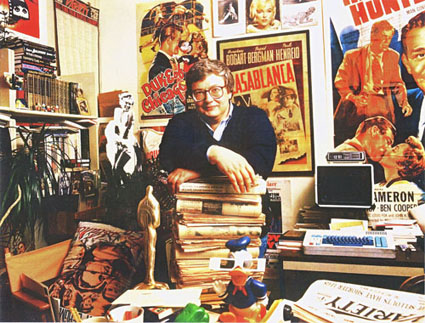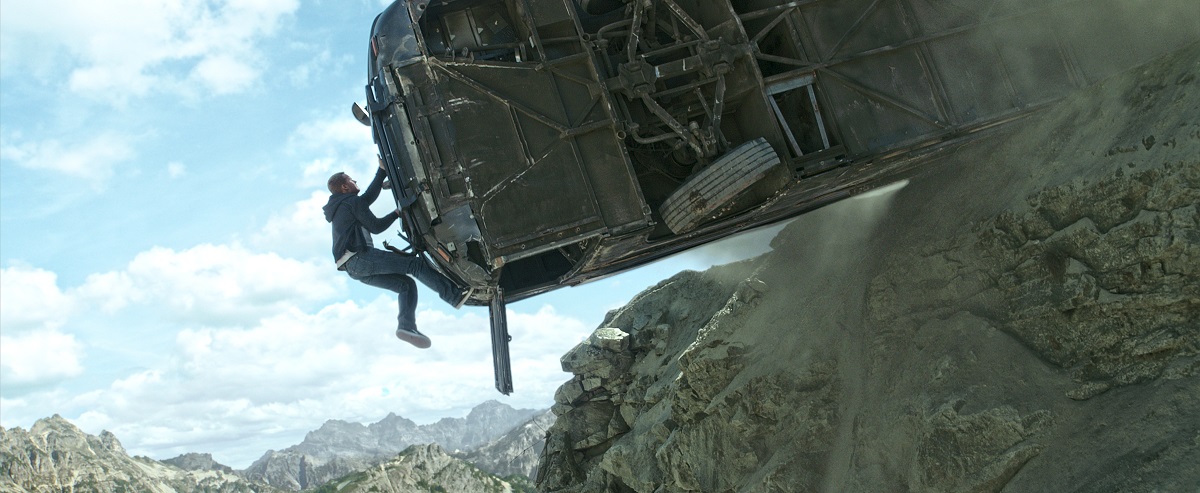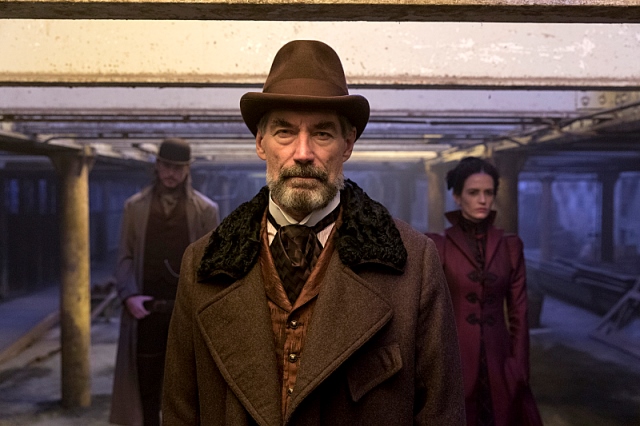Agnieszka Holland Movie Reviews
Blog Posts That Mention Agnieszka Holland
Female Filmmakers In Focus: Agnieszka Holland
Marya E. Gates
Berlin 2017: “The Dinner,” “Spoor,” “California Dreams”
Michael Pattison
Palm Springs Film Festival Announces 2026 Lineup
The Editors
CIFF 2025: The Stranger, Franz, Kontinental ’25
Robert Daniels
The Best Films of 2024
The Editors
The Best Films of 2024 So Far
The Editors
Preview of Tributes at the 58th Karlovy Vary International Film Festival
The Editors
TIFF 2023: A Canadian Looks Back at a Tumultuous Fest
Jason Gorber
59th Chicago International Film Festival Announces Exciting Full Line-up of Features and Shorts
The Editors
TIFF 2023: The Beast, Evil Does Not Exist, Shoshana, Green Border
Brian Tallerico
Home Entertainment Guide: February 2023
Brian Tallerico
Tom Luddy (1943-2023)
The Editors
A Preview of the 56th Chicago International Film Festival
Peter Sobczynski
Making Impossible Movies Happen: Benh Zeitlin on Wendy
Matt Fagerholm
Music Box Memories: A Legendary Theatre Celebrates 90 Years
Brian Tallerico
Home Entertainment Consumer Guide: July 11, 2019
Brian Tallerico
Hulu’s Space Exploration Series The First is Bookended by Greatness
Nick Allen
Thumbnails 7/20/18
Matt Fagerholm
Bright Wall/Dark Room April 2018: The Force that Through the Green Fuse Drives the Flower: On A Little Princess and The Secret Garden by Corbin Dewitt
The Editors
New York Film Festival 2017 Preview
Godfrey Cheshire
Andrzej Wajda: 1926-2016
Patrick Z. McGavin
A Celebration of His Work 2016: 13 of Roger’s Best Reviews
Matt Zoller Seitz
Unknown Treasures: The Riches of “Polish Film Masterpieces” Volume 1
Glenn Kenny
Home Entertainment Consumer Guide: September 24, 2015
Brian Tallerico
“Rosemary’s Baby” Never Justifies Its Existence, “Penny Dreadful” Delivers
Brian Tallerico
The Best 10 Movies of 1993
Roger Ebert
Opening Shots: ‘The Big Animal’
Jim Emerson
Toronto fest signals the opening of Good Movie Season
Roger Ebert
The film’s the thing Telluride fest gives nod to big movies on small screen
Roger Ebert
A ‘Silence’ sweep?
Roger Ebert
Popular Reviews

The best movie reviews, in your inbox
